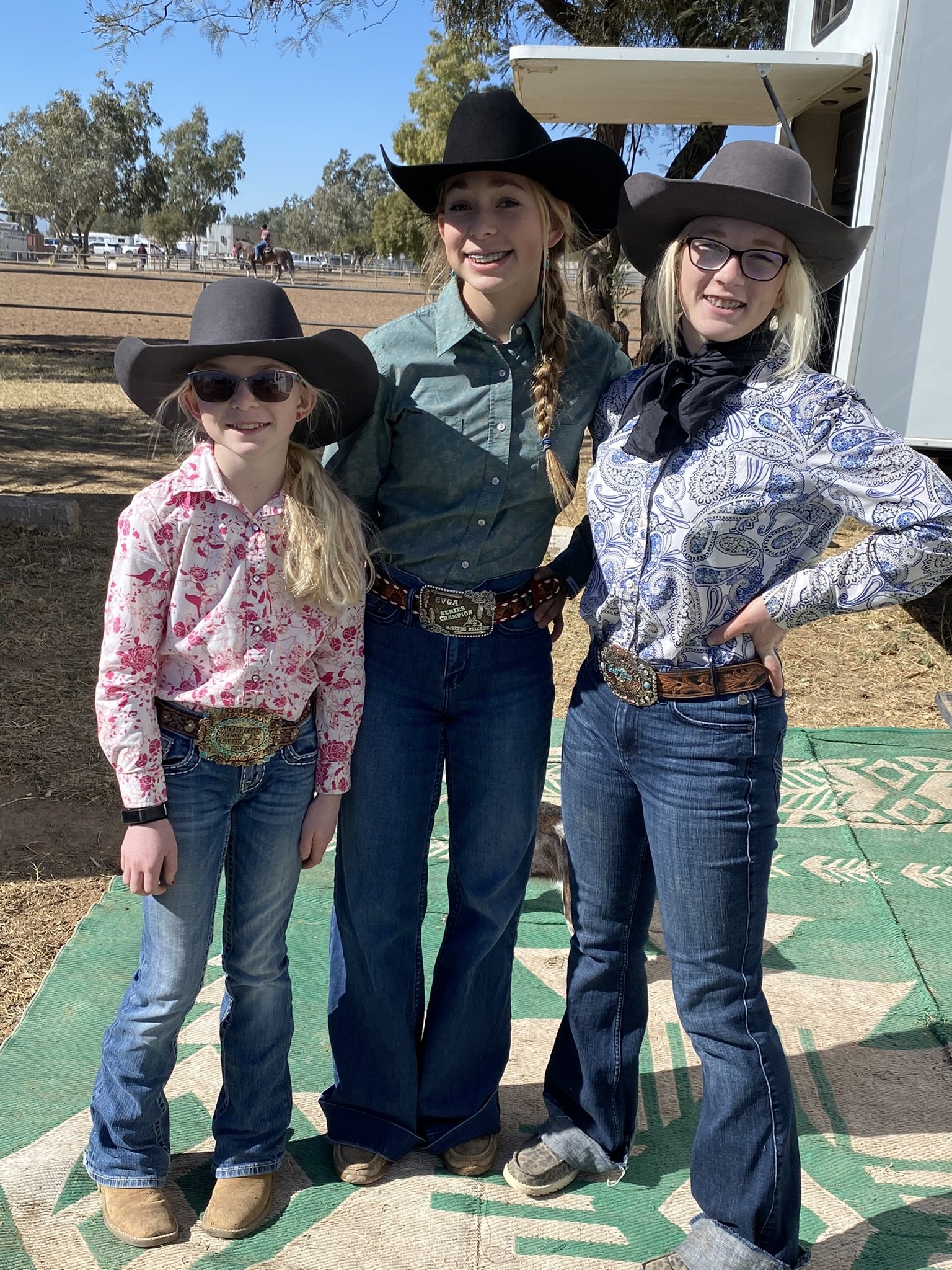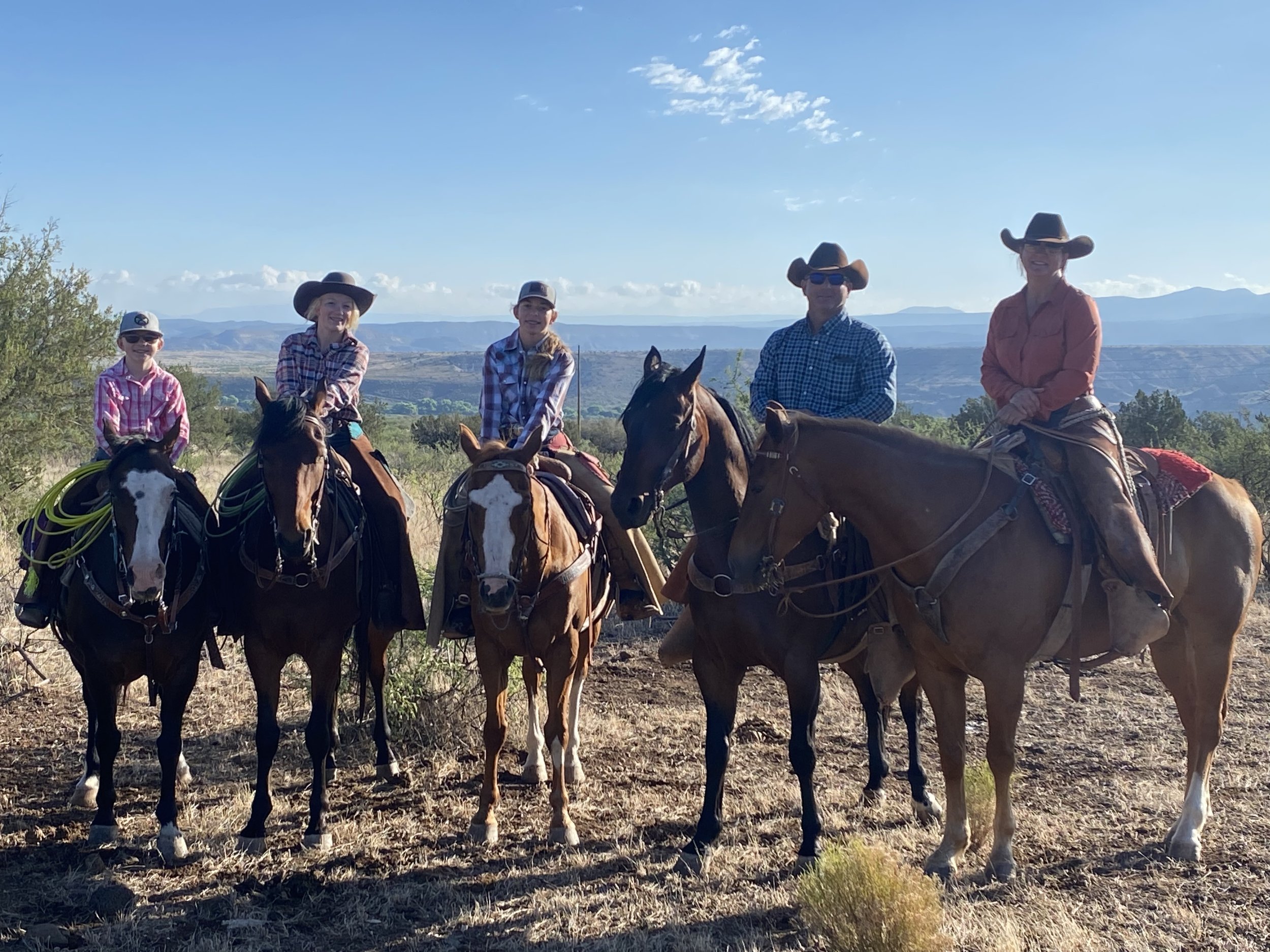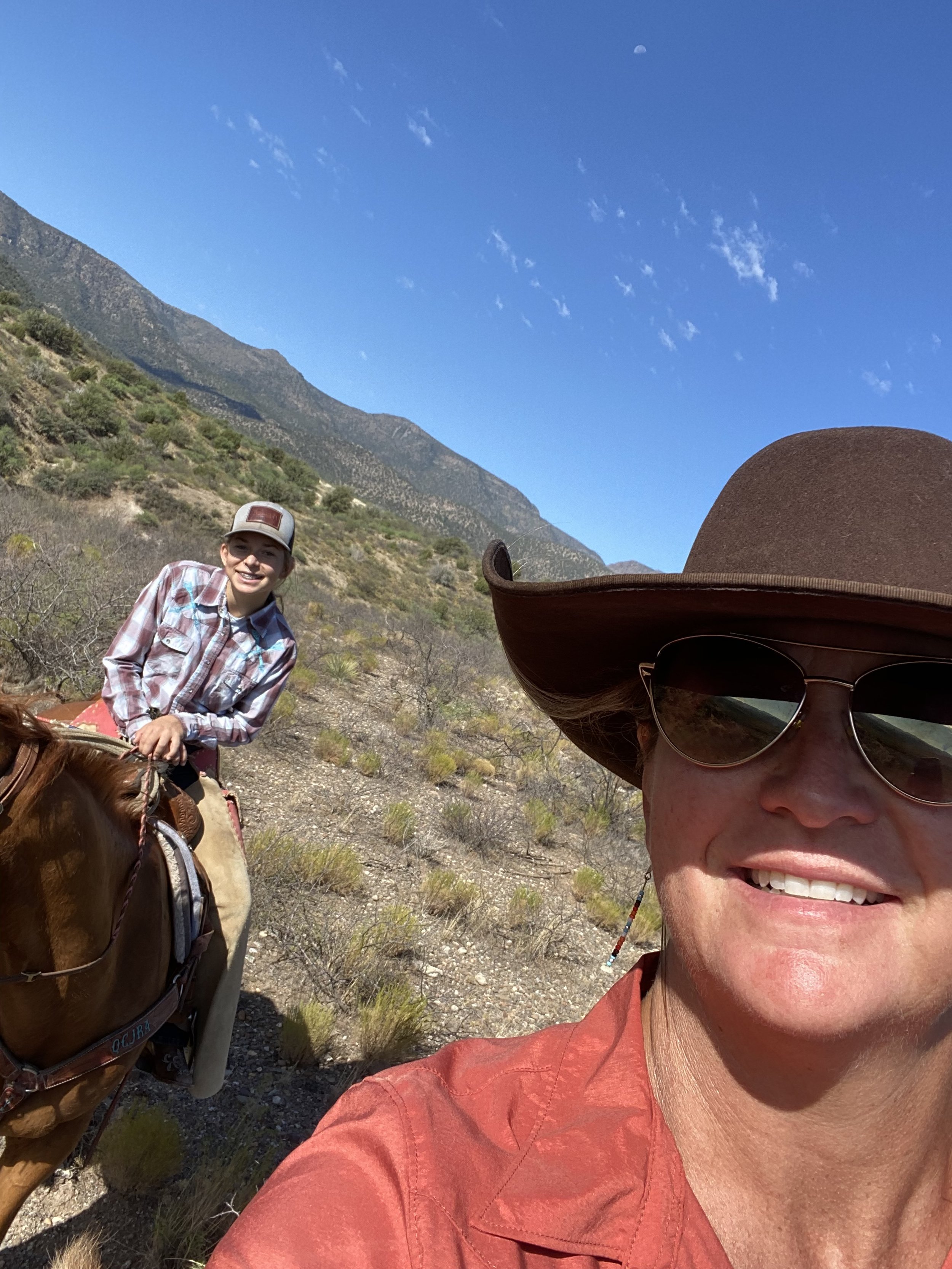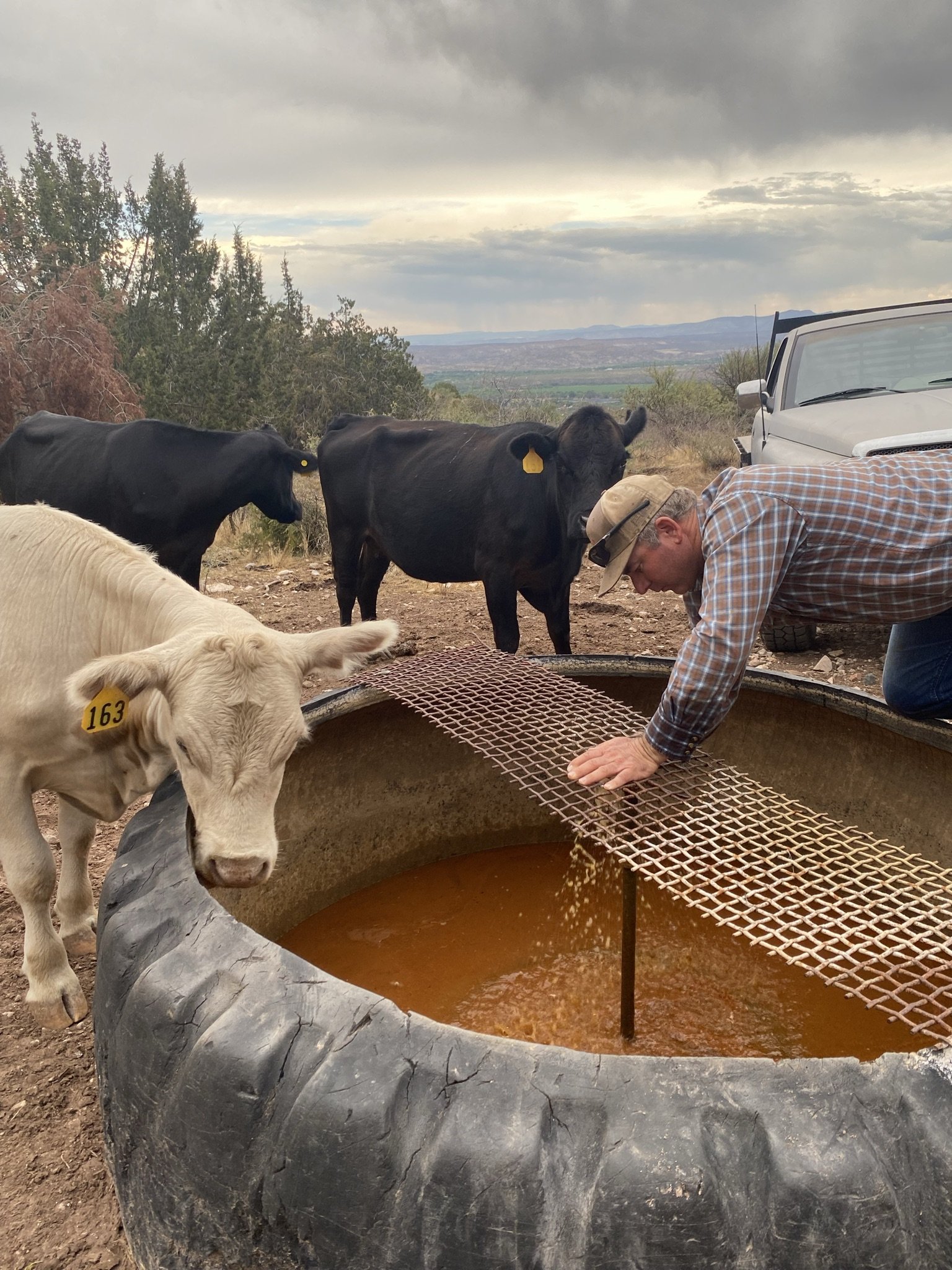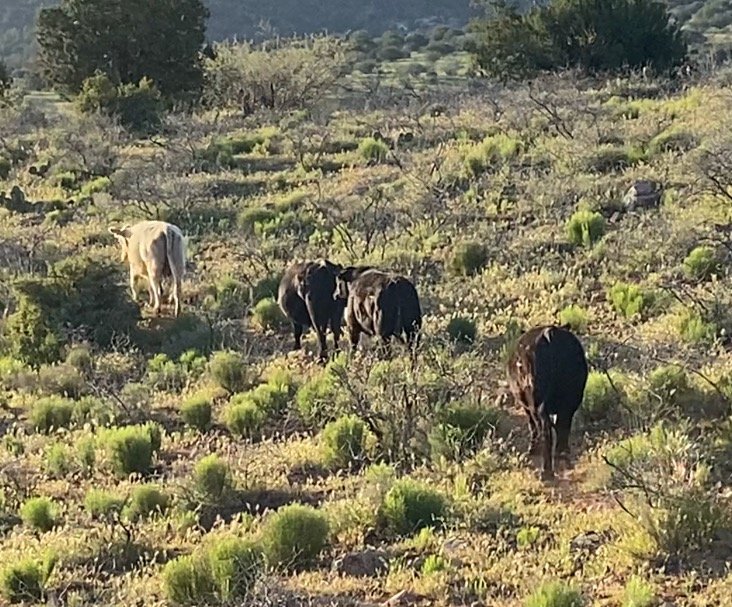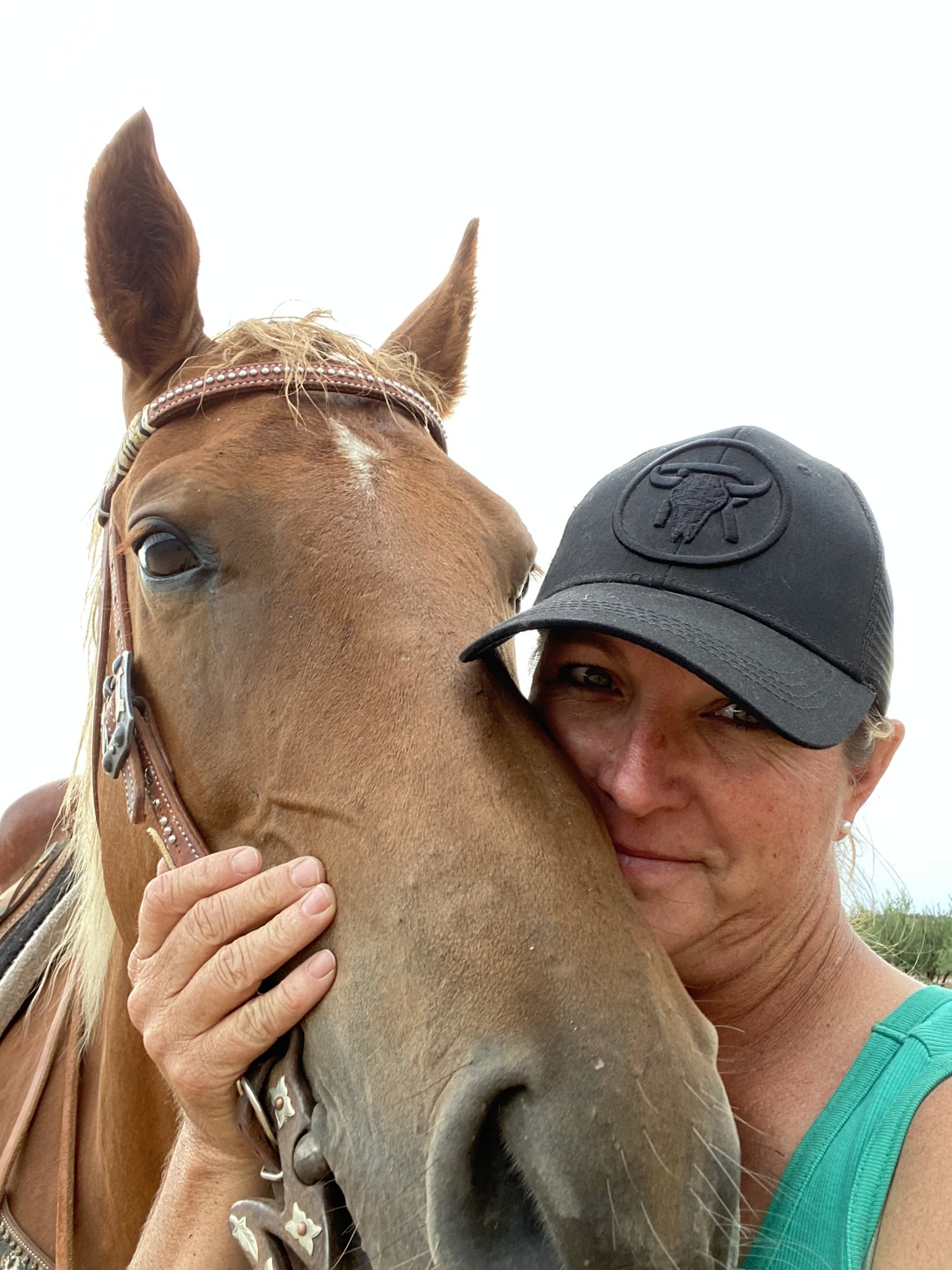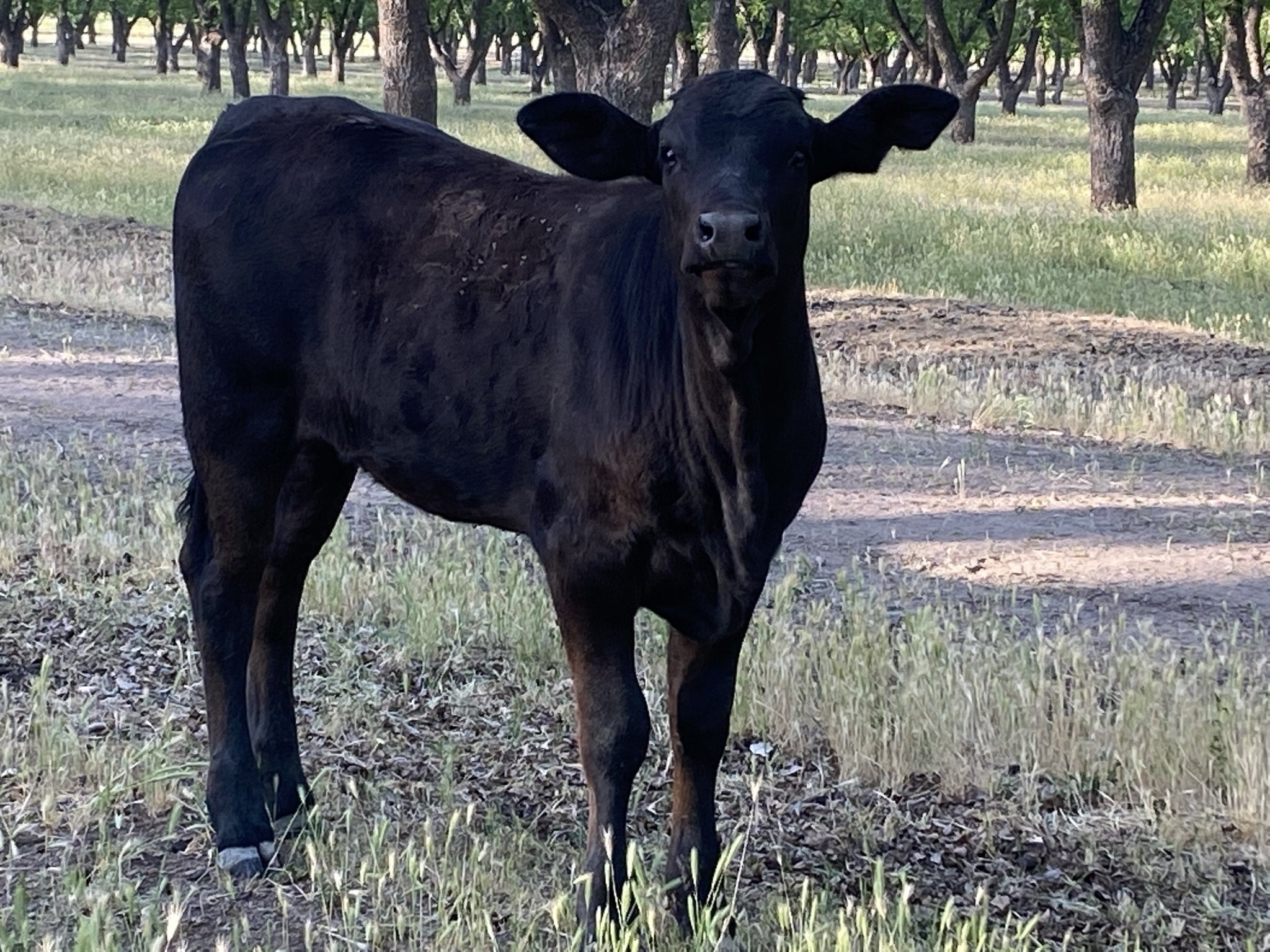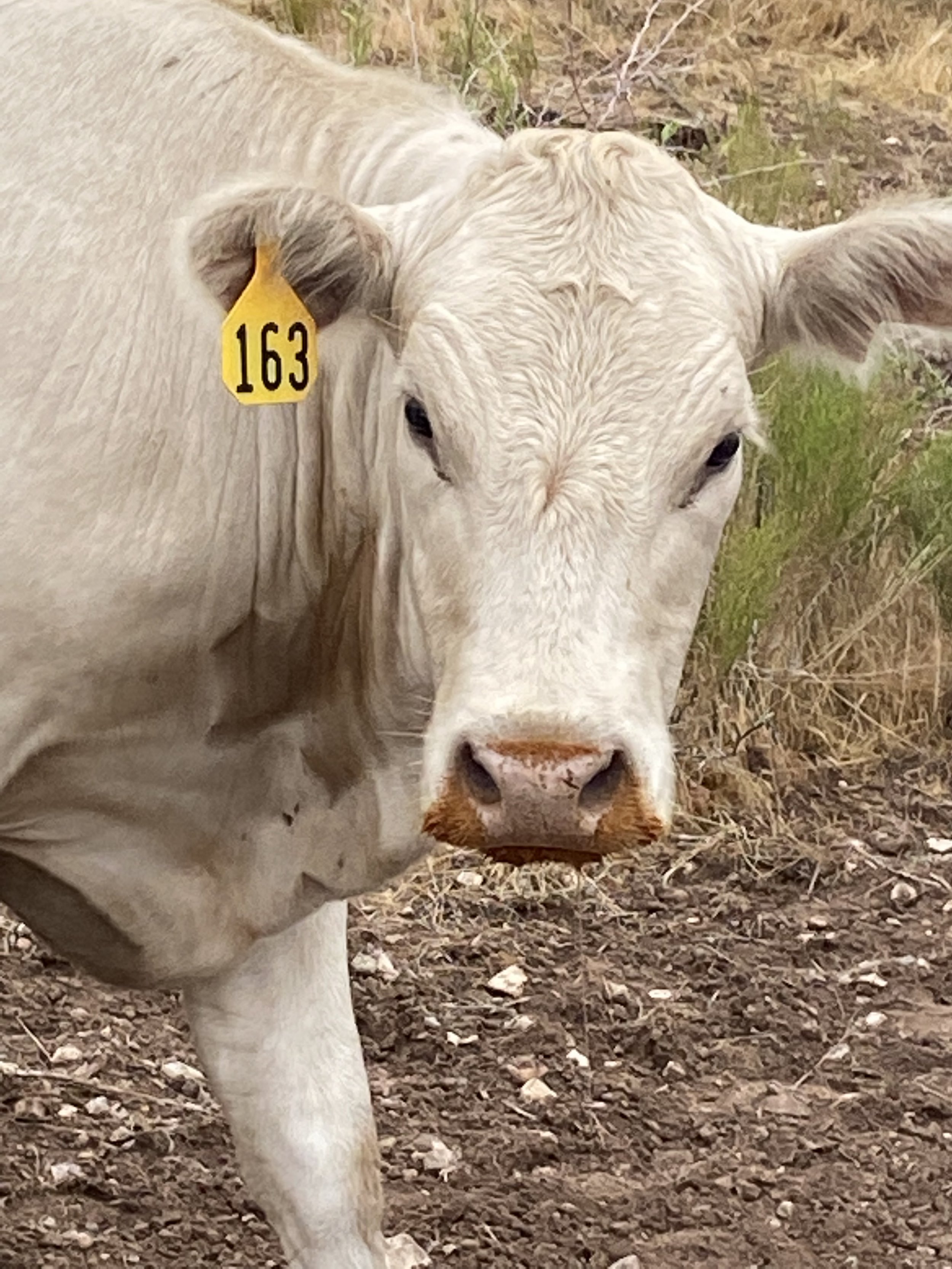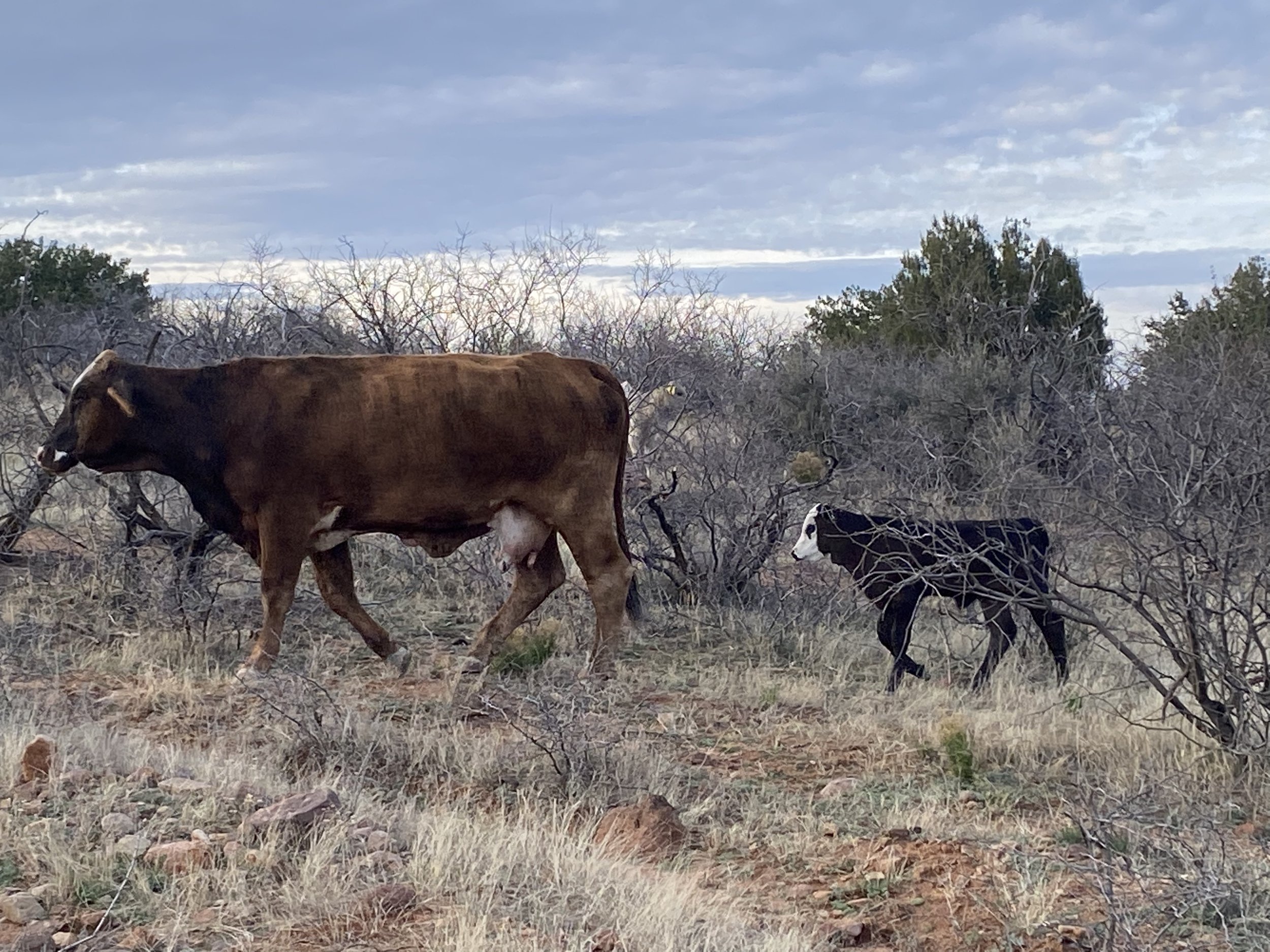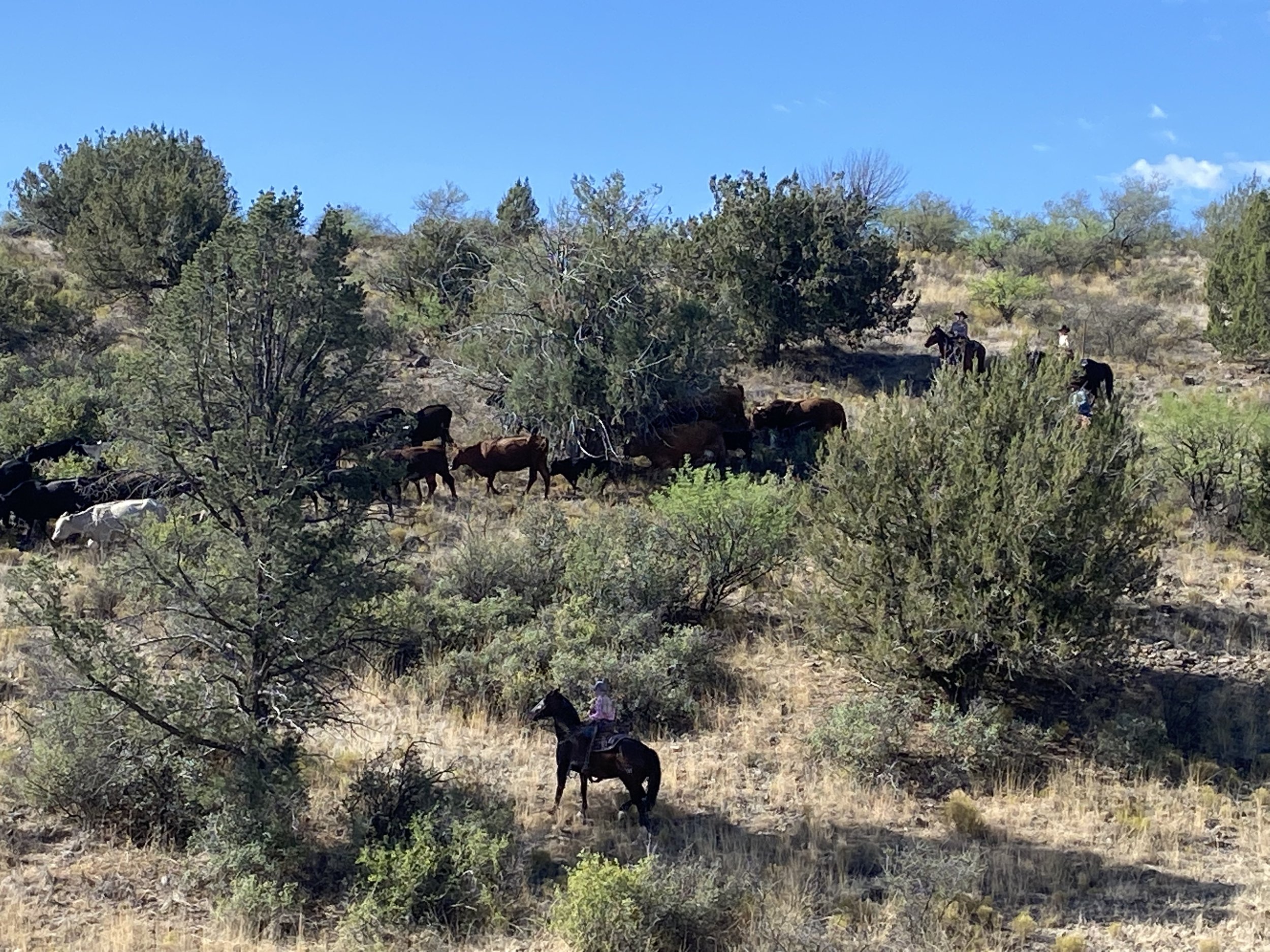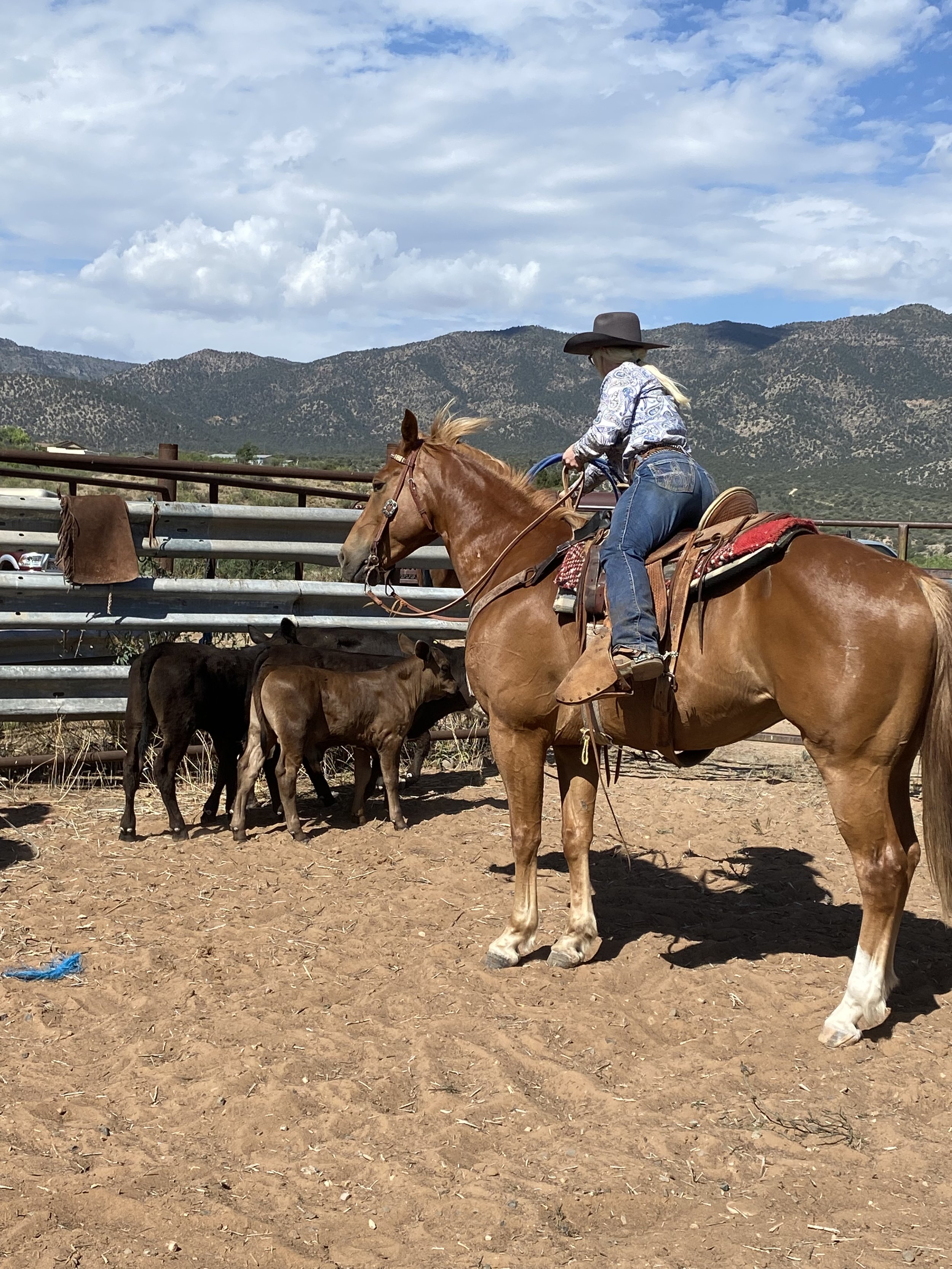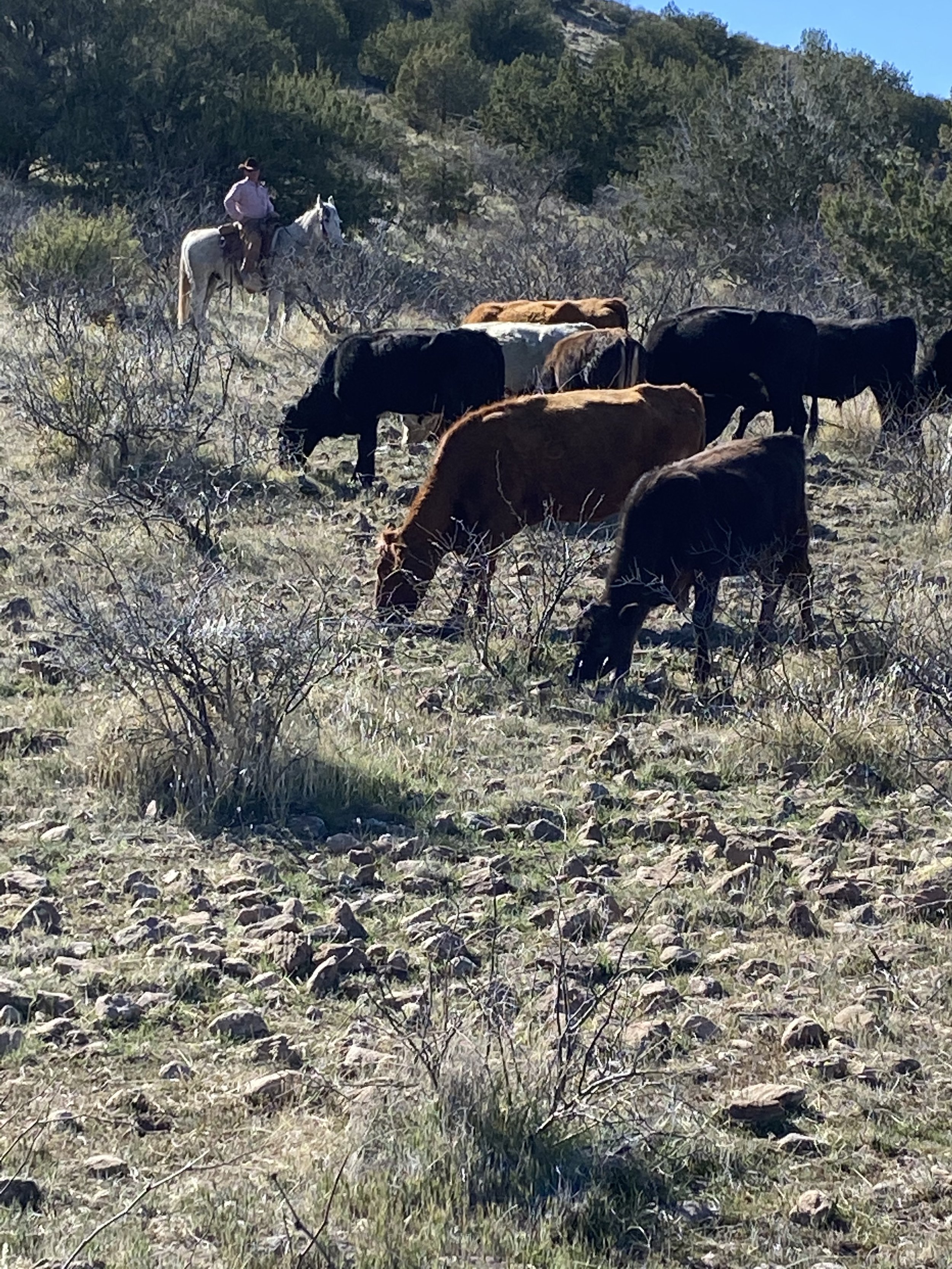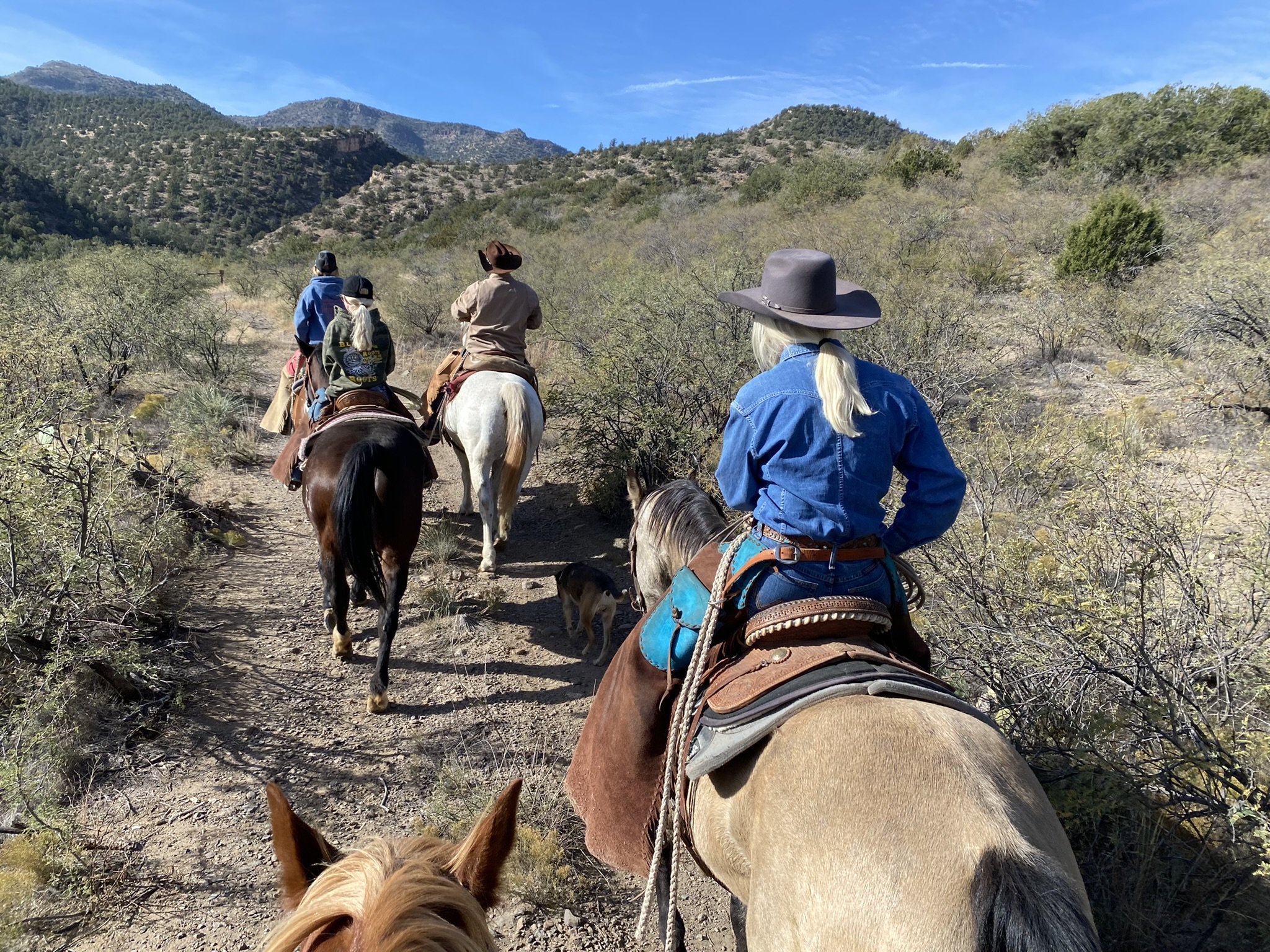
About Us
By utilizing the natural resources from the land, this starts as the foundation for how we grow our cattle. We are committed to ensuring that the land is taken care of by following economic and environmental practices. Our herd of Brangus and Beefmaster cross helps to clean old growth and regenerate new grasses by foraging on the land. Their calves are able to grow up on multiple acres until we wean them at about six to eight months of age. At this stage, the calves are brought back to our property where they are fed twice a day in a large pen area. We don’t crowd or overload our pens. This way we can control what feed is being given to them.
Our calves are raised in a low stress environment that focuses on their overall health in a compassionate way that allows them to reach their full growth potential. Our family helps with all aspects of calving season, branding, weaning and sorting. We aren’t like other producers that have to send our calves on large hauling trucks and avoid the step of shipping.
Our ranch headquarters is adjacent to the government lease and so we can easily drive our cattle using horses to our own pens to work. We support local farmers who grow their own hay and grain to finish our cattle. We believe in supporting local businesses to sustain this type of lifestyle that we enjoy.
Our calves are fed a quality forage of wheat hay or sedan silage for the next year to sixteen months. Next, we mix a grain combination of corn, oats, and molasses with spent brewer’s grain. By using brewer’s grain as animal feed, it benefits the brewery by helping them rid of a by-product. We utilize Dark Sky Brewery & Lumberyard Brewery spent brewer's grain. We have found that the wet brewers grain, which contains about 30% water, helps soften the additional grain we add and aids in the digestion of the cattle metabolizing the grain. The marbling that is produced from feeding this type of diet, creates a tender, flavorful cut of beef.
Grains are soaked in water until they germinate and then dried to produce the malt (malting). The malted grains are milled and steeped in hot water so that enzymes transform the starch into sugars (mashing/saccharification). The resulting sugar-rich liquid (wort) is then boiled, filtered and fermented to produce beer. Brewers grains are collected at the end of the mashing process, once all sugars have been removed from the grain. The remaining product is a concentrate of 21-24% proteins and fiber that is suitable for animal feeding, particularly for ruminants.
